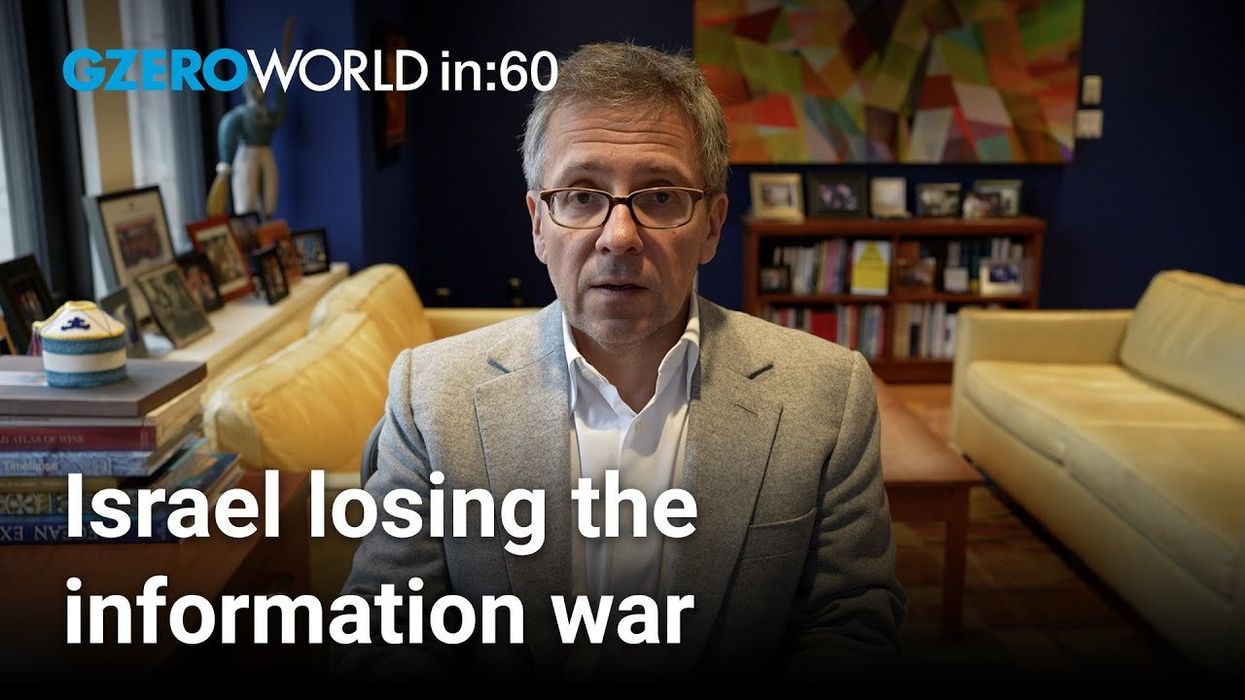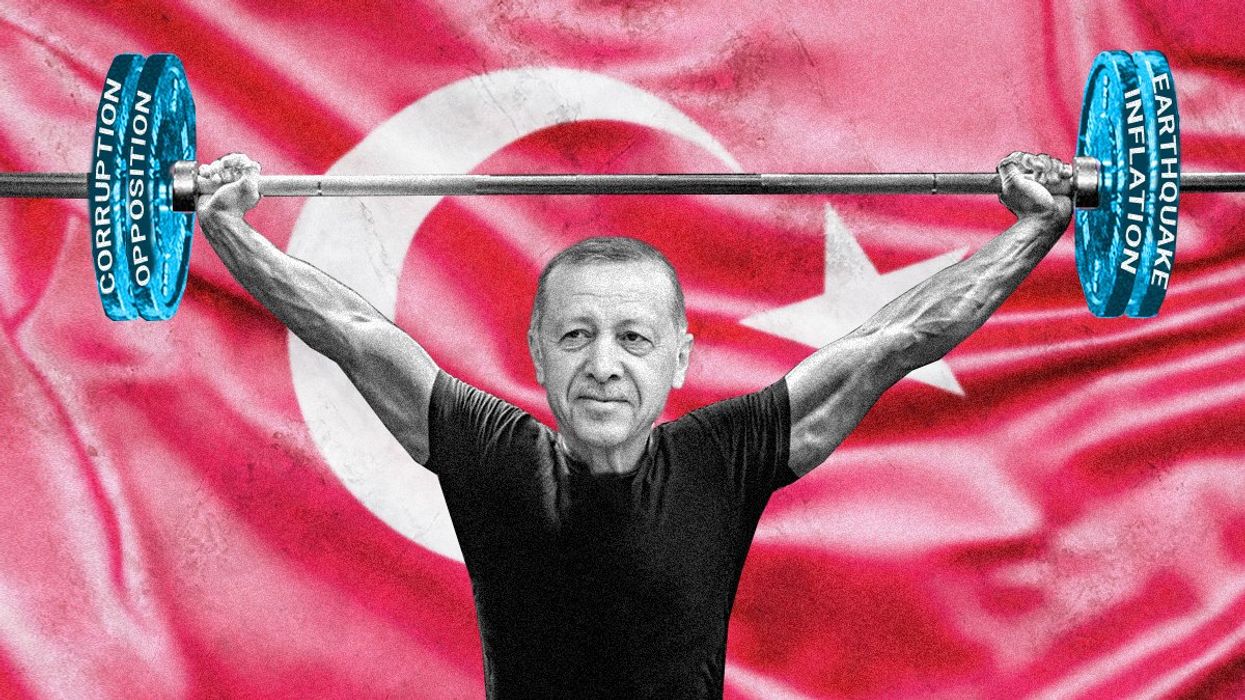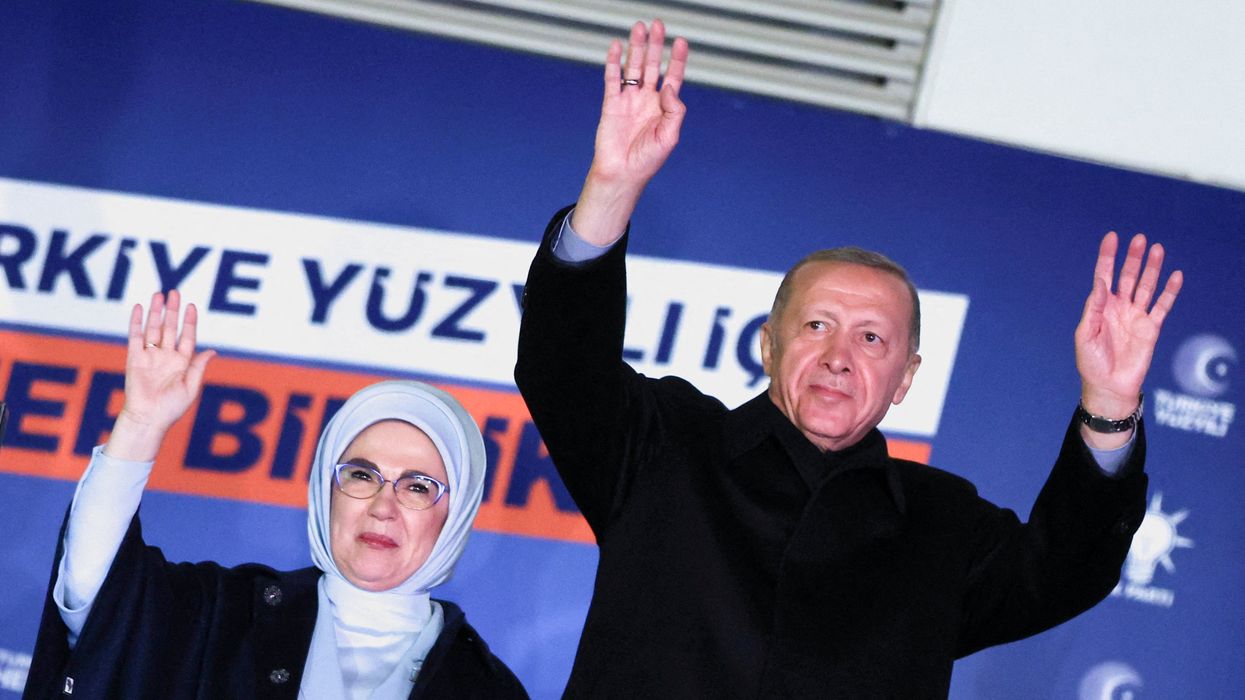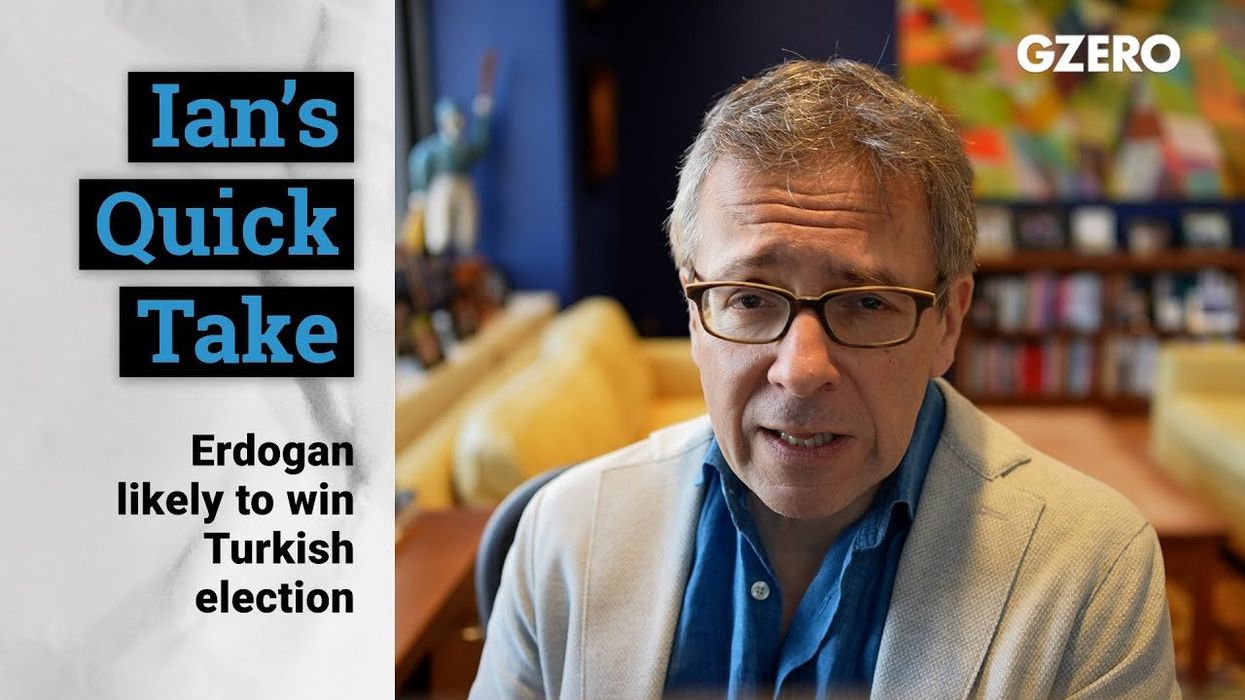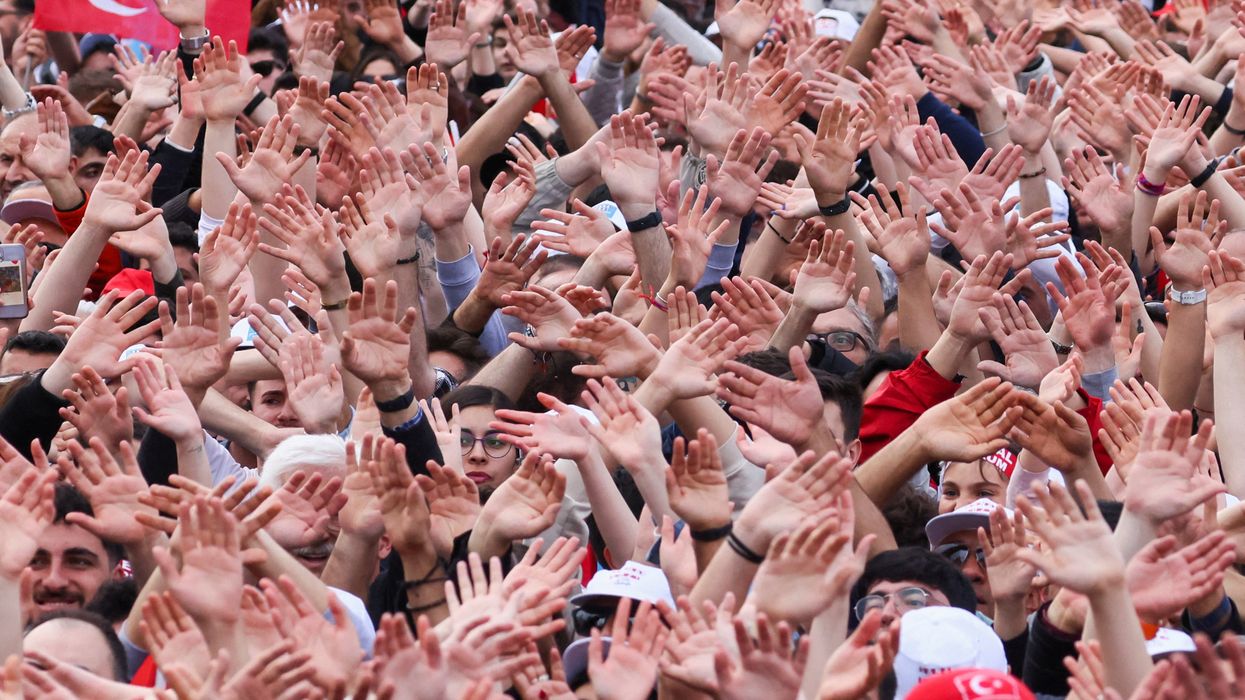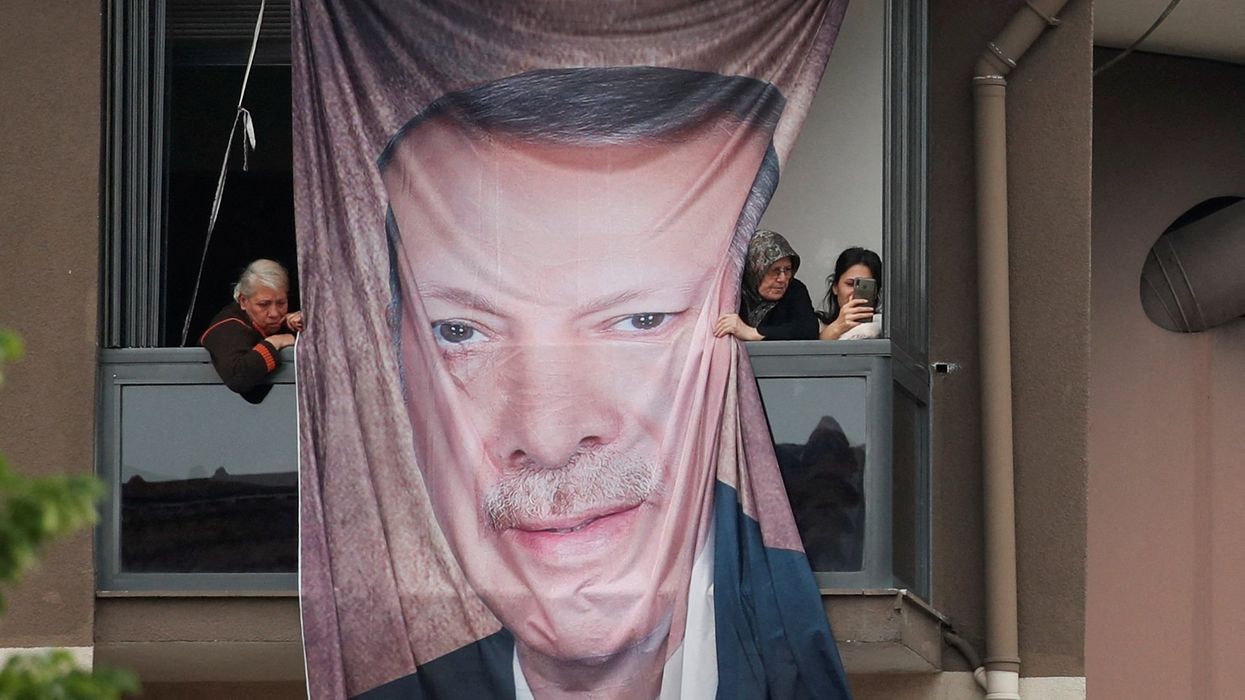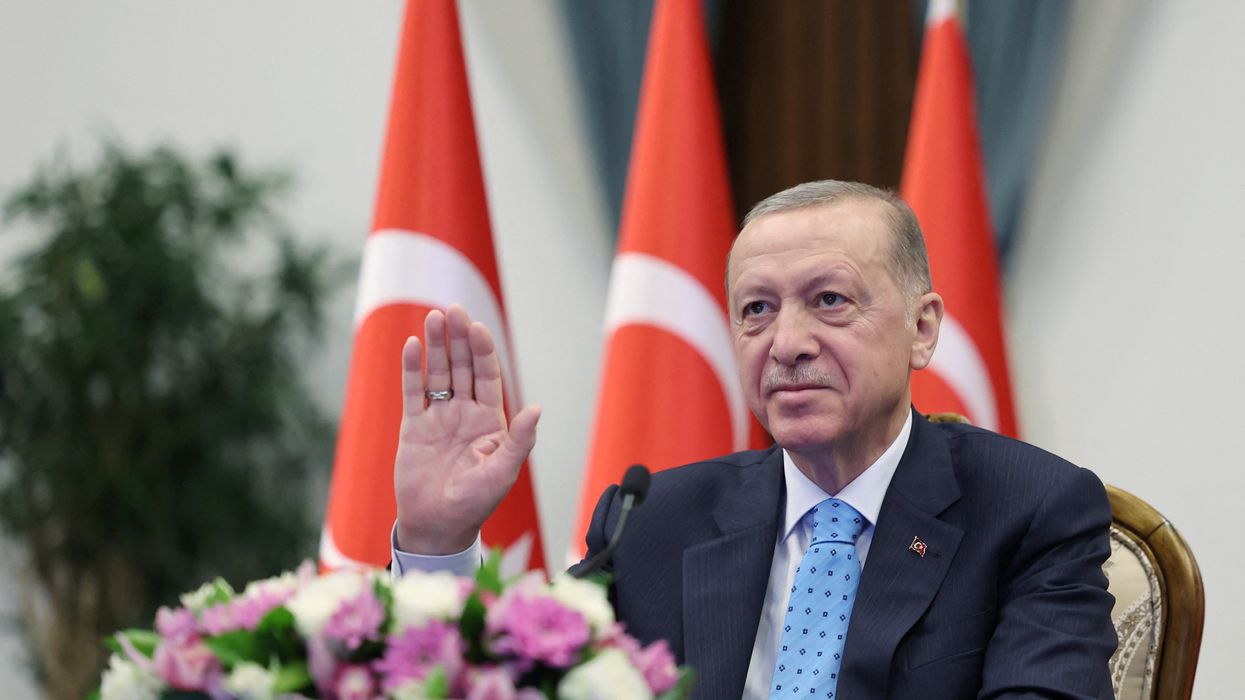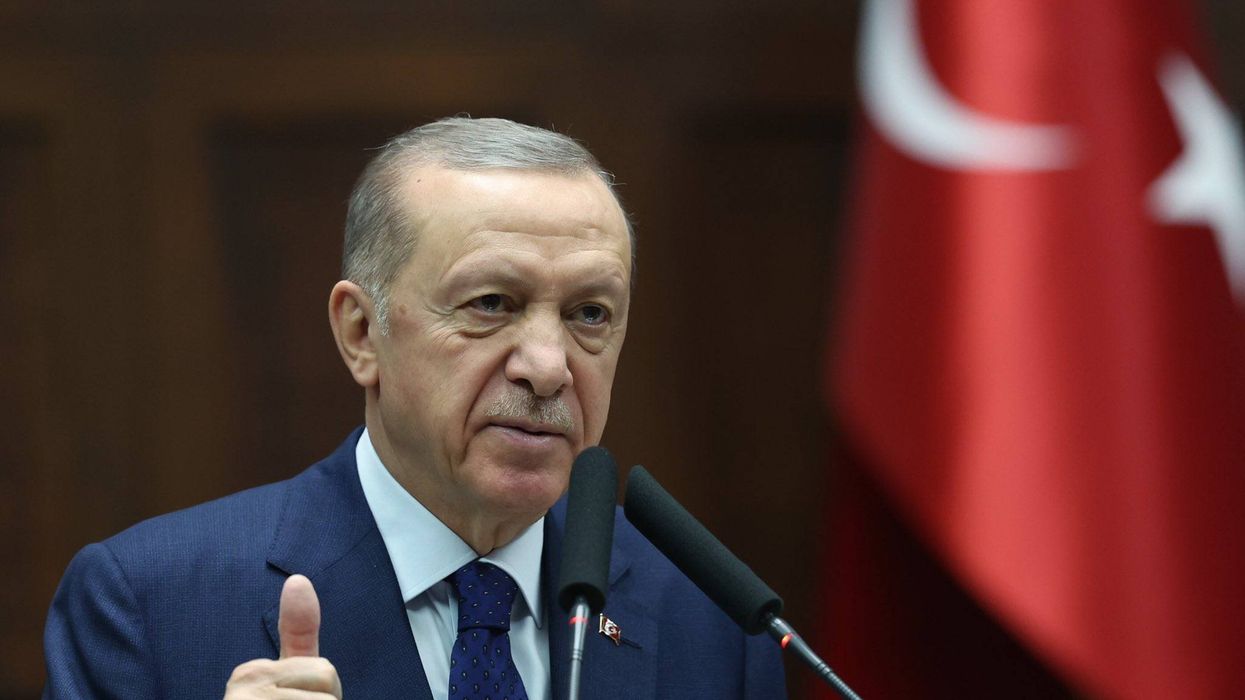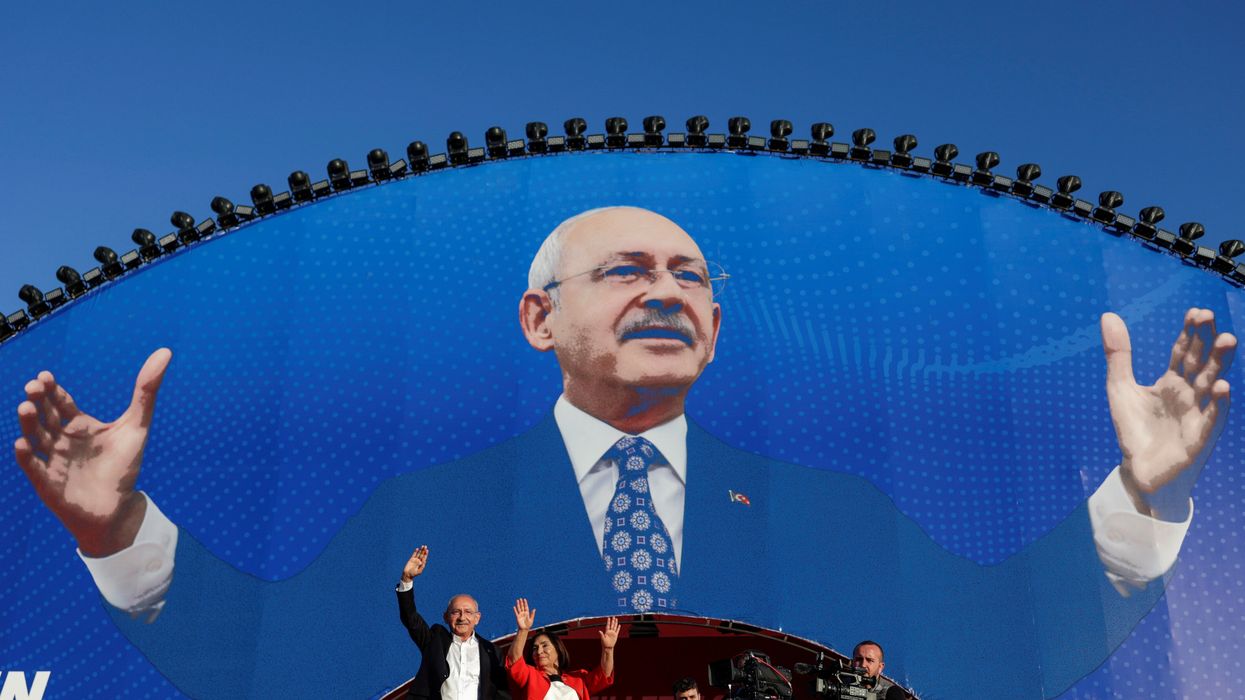ask ian
Israel's global image wanes further after killing of aid workers
Is Netanyahu losing the PR battle amid public outrage over the IDF strike killing seven aid workers? What's needed to garner bipartisan support for Speaker Mike Johnson's bill for increased Ukraine aid? What's the significance of Turkey's recent local elections setback for President Erdogan's government? Ian Bremmer shares his insights on global politics this week on World In :60.
Apr 02, 2024
